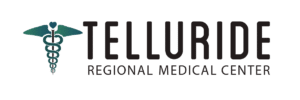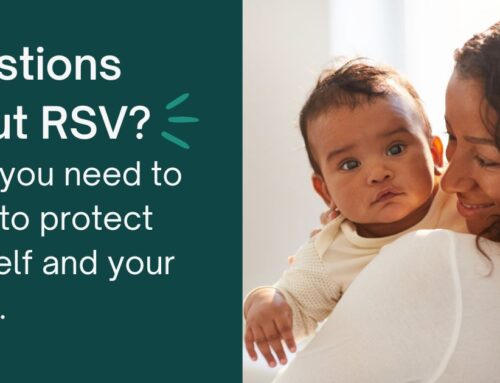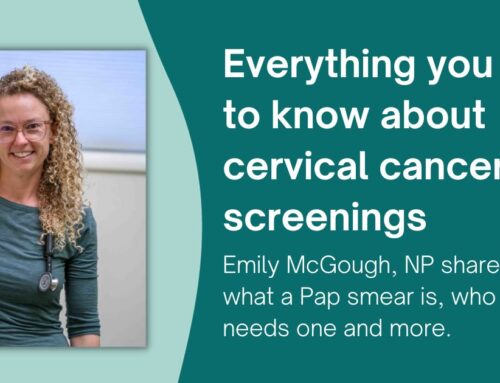Laura Cattell shares guidelines for when and how frequently to receive mammograms.
The American Cancer Society’s guidelines for women with average risk for breast cancer are as follows:
Age 40-44 women have the choice to start annual screening Age 45-54 women should receive mammograms annually Age 55 and older women may choose to receive a screening annually or every 2 years and continue as long as they are in good health.
Additional factors, of course, do influence an individual’s risk of breast cancer and may play a role in when to begin screening.
Factors that increase your risk for breast cancer:
-
Long term use of hormone replacement therapy
-
Personal history of breast cancer or non-cancerous breast diseases
-
Family history of breast cancer
-
Known BRCA1 or BRCA2 gene mutation
-
Treatment with radiation therapy to the breast/chest particularly if before age 30
-
Exposure to diethylstilbestrol (DES) (for example, if you took DES during pregnancy or your mother took DES during her pregnancy with you)
-
Dense breasts as determined by mammogram
-
Alcohol consumption (moderate drinking is considered 1 drink per day for women)
Factors that decrease your risk:
-
Having had your first menstrual period after the age of 12
-
Starting menopause before age 55
-
Being under the age of 35 when you had your first child
-
Have given birth to multiple children
-
Breastfeeding your children
-
Getting regular exercise
-
Maintaining a healthy weight
There are some limitations and potential risks associated with mammogram screenings including exposure to very low doses of radiation. Most experts believe that the benefits of screening outweigh exposure.
Mammograms are not a 100% accurate and may be more difficult to interpret in younger women. In the case of false positive exams, mammograms may lead to additional testing including additional views, ultra sounds and possible biopsy. However, less than 10% of mammograms will lead to this additional testing. Early detection saves lives, consider baseline screening at age 40.







